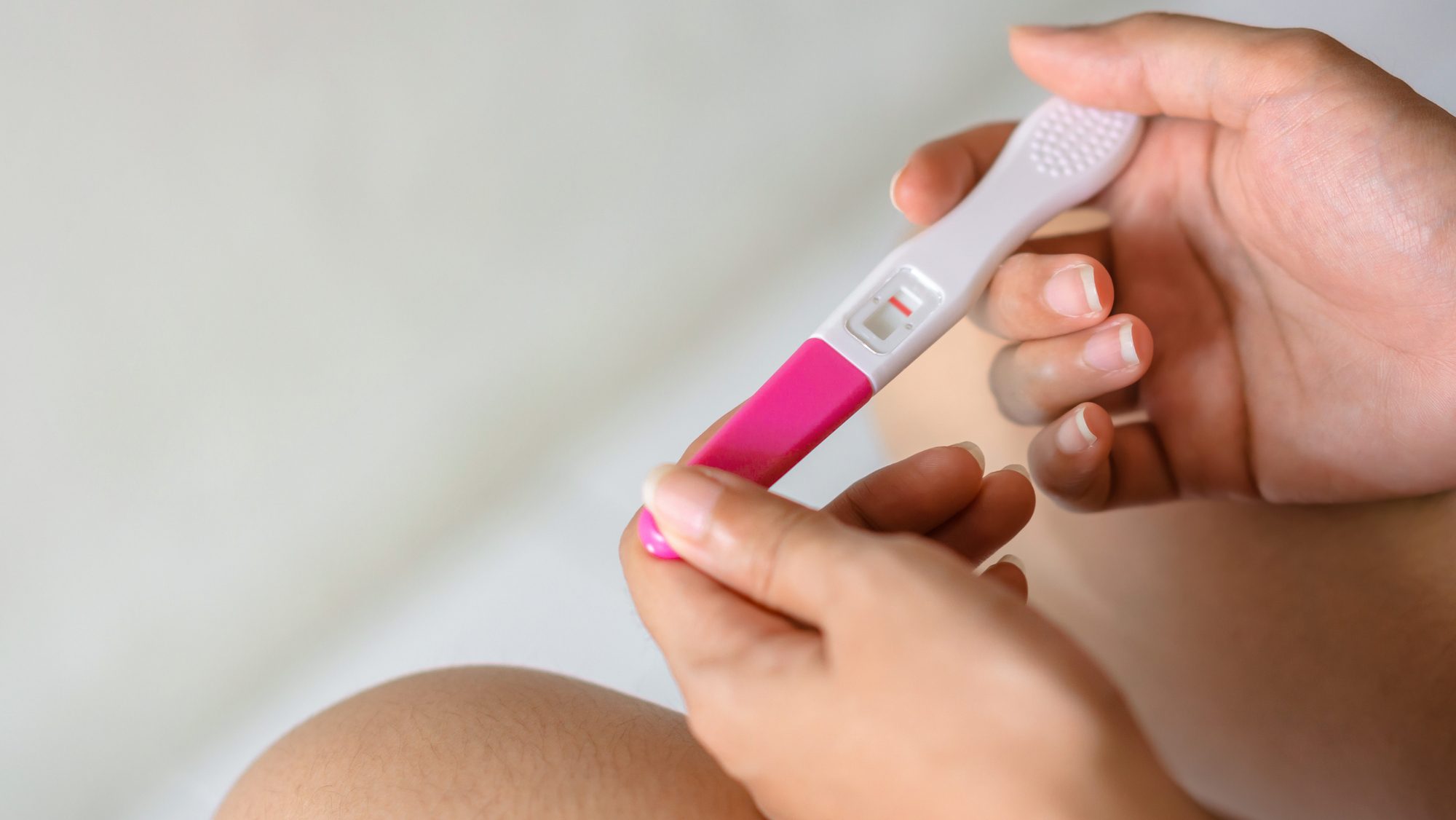SINGAPORE: When talking about Singapore’s declining fertility rate, which fell to a historic low of 0.97 in 2023, the focus is often on personal choices, such as prioritising careers and the desire for financial freedom.
Also, a survey by the Institute of Policy Studies (IPS) revealed that 7 in 10 young Singaporeans see marriage as “unnecessary” due to stress and high cost of living.
Among those aged 21 to 34, 70% feel that marriage isn’t essential, and 72% in the same group believe that having children within marriage is not a requisite.
Among those aged 35 to 49, 63% feel the same, while 49% of people aged 50 to 64 also think children are unnecessary.
In addition, almost half (44%) of Singaporeans feel that having children will delay their path to financial freedom by about 15 years, according to the Financial Freedom Index survey by Singlife.
However, there is also a lesser-known reason behind this.
For some women, the issue isn’t just about choice.
Polycystic Ovary Syndrome (PCOS)
One in every 10 Singaporean women faces a medical condition called Polycystic Ovary Syndrome (PCOS), which is one of the leading causes of infertility.
PCOS is a hormonal disorder that affects a woman’s ability to conceive. It is responsible for 75% of cases where women struggle to ovulate or release eggs.
PCOS also comes with the risk of developing other serious health conditions, such as diabetes and heart disease.
But the biggest emotional impact for many women is the difficulty in having children, which can feel like a personal failure.
Angelia Ng, founder of Babies Bliss, a fertility wellness provider in Singapore, says many women only discover they have PCOS when they try to conceive.
“Most aspiring mothers with PCOS end up being recommended in-vitro fertilisation (IVF) to conceive.
But while it can help achieve desired results, IVF is also expensive, invasive, and emotionally exhausting. IVF can take many attempts, each leaving a grave mental and financial toll in its wake,” she said.
She noted that it’s a trauma many of her clients share when they come to her for help, but Ms Ng is working to change the way people think about PCOS and fertility.
She advocates for more holistic approaches, such as Fertility Strengthening Massage (FSM), instead of focusing solely on clinical intervention.
FSM improves blood circulation to the reproductive organs, helping women with PCOS manage their symptoms and improve their chances of conceiving.
According to Ms Ng, many women have reported positive results, with better egg quality and more successful ovulation, without conventional medical treatments’ invasiveness. /TISG
Featured image by Depositphotos (for illustration purposes only)

